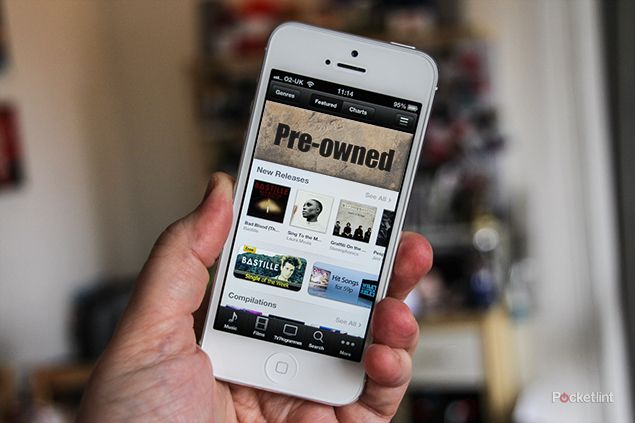Like Amazon before it, Apple has given a clear indication that it plans to introduce some form of pre-owned system for users to transfer digital content to each other, either through loan or resale.
The US Patent and Trademark Office has published details of an Apple patent application that covers the selling-on and loaning procedures of pre-owned digital content, including eBooks, music and movies. In it, the company describes the process by which end-users could transfer their content legally from one to another, including the rights to use such content.
This follows a patent that was granted to Amazon for a remarkably similar idea. However, it is believed that because Amazon's involves the setting-up of a digital second-hand marketplace - of sorts - Apple's larger, more widespread distribution concept differs just enough so as not to conflict directly.
READ: Amazon could soon allow you to make cash from your unwanted MP3s, eBooks, apps and more
The Apple patent also explains that, in some cases, a resale payment may be set by the original content owner: not the first buyer, but the publisher, studio or record label. Other criteria could be set by the copyright holders too. Apple Insider gives one example: "A certain eBook may not be resold within a six month period and must have a resale price of at least $5. The restrictions can be set on a timed basis, frequency of transfer, price and to whom the content is sold."
The patent states that the original copyright holder could also receive payment from subsequent transactions, thereby negating any fears that the system would have a negative impact on future sales. This is something that the pre-owned games market, for example, doesn't have in place. A games publisher does not earn a penny on the sale of a pre-owned copy of its game, which is why they add other paid-for incentives, such as one-time access to multiplayer or other downloadable content.
Certainly, Apple's movement in this area, on top of Amazon's, suggests that the resale idea is gathering momentum. It will be interesting to see if other digital content retailers follow suit.

